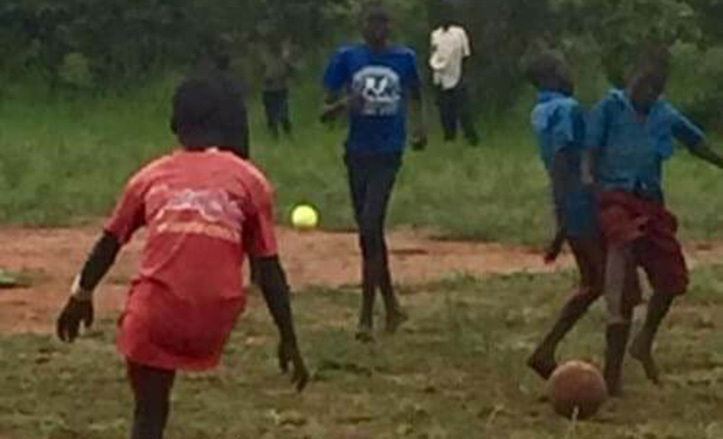Leave no one behind 100 000SEK will put 20 children in school for a year

The 2030 Agenda includes the fundamental principle that no one shall be left behind when realizing the Sustainable Development Goals. This means that everyone, everywhere, shall achieve the benefits of development progress. Individuals who are at risk of being left behind often belong to social groups more vulnerable than others. For example, it can be women or girls, children, youth and older persons as well as persons with disability.
Poverty is a crucial problem, but not the single explanation for people being left behind. Discrimination and exclusion because of sex, age, income, ethnicity, religion, disability or sexual orientation can all cause hindrance from taking part in the development progress. Geography and access to infrastructure further affect the possibility to move out of poverty.
JLOF has since 2015 been involve in a project for increasing access to quality education for all the children in Pajong village in Northern Uganda. The school is located in a remote rural area which lack most infrastructure.
In the course of the project, we have come across pupils with disabilities who struggled to attend the mainstream school without any facilitation or adaptation to their special needs. Year after year they would repeat classes in an impossible attempt to catch up. Pupils with different disabilities cannot take advantage of teaching in ordinary school where the school facilities are not accessible to all students and the learning materials are not adapted to everyone’s needs. Teachers are not trained on how to adapt their teaching to different special needs.
Unfortunately, many people still think that disabilities can be infectious and one who deals with children with disabilities can be affected in the next generation, so that they give birth to children with disabilities. The belief is that children are simply cursed and should be avoided. There is great need for sensitization and raising awareness.
JLOF cooperates with schools where children with or without disabilities can be side by side to learn together and reduce prejudice. One area where the between disability and poverty could be broken is through improving inclusion in schools. The Sustainable Development Goals recognizes the crucial role of inclusive and equitable quality education in building a better, more equal world.
With your support, many more can be included. Let us leave no one behind!









